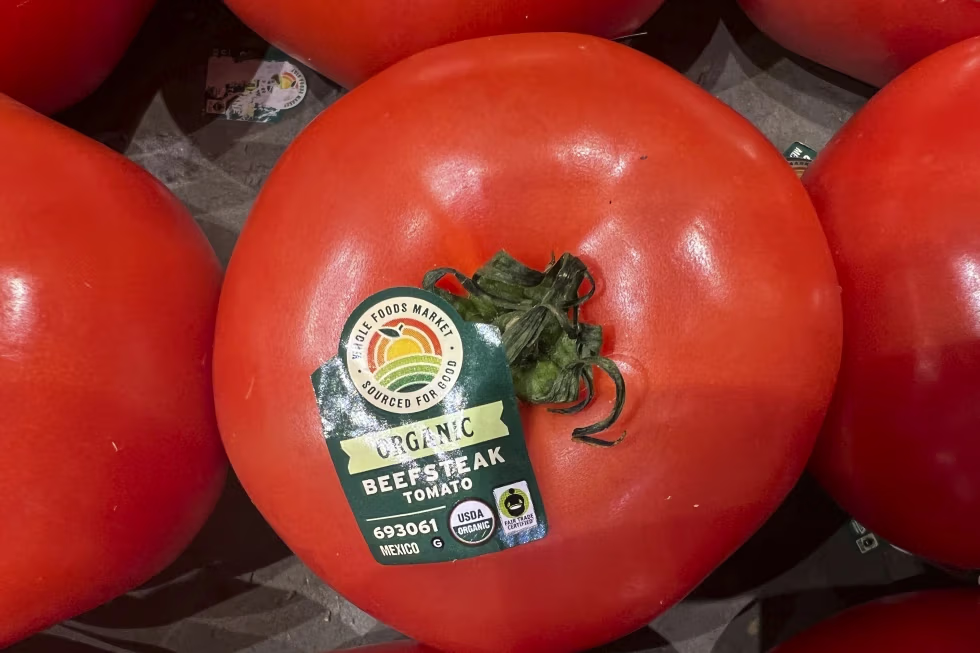The U.S. government has put a 17% import tax (tariff) on most fresh tomatoes from Mexico, starting right away. This move comes after talks between the two countries failed to reach a new deal to keep prices steady.
Why Did This Happen?
For years, U.S. tomato farmers, especially in Florida, have said that Mexican tomatoes are being sold in the U.S. at unfairly low prices, a practice called dumping. They say this has made it hard for them to compete and stay in business.
To stop that, the U.S. and Mexico have had a deal since 2019 called the Tomato Suspension Agreement. It made Mexico agree to sell tomatoes at a minimum price and follow certain rules. But in April 2025, the U.S. pulled out of the deal, saying the rules weren’t working and American farmers were still hurting.
Now, the U.S. has added a 17% tariff on most fresh tomatoes from Mexico. This means those tomatoes will cost more to bring into the U.S.
Who Supports the Tariff?
- U.S. tomato growers say it’s a big win.
- They believe the tax will protect American jobs and help rebuild the U.S. tomato industry, which has shrunk as Mexican imports have grown.
- In fact, Mexico now provides about 70% of the tomatoes eaten in the U.S., up from 30% two decades ago.
Who’s Against It?
- Mexican officials say the tariff is unfair and will only make tomatoes more expensive for U.S. consumers.
- Groups like the National Restaurant Association and the U.S. Chamber of Commerce are worried too. They say it could lead to retaliation from Mexico and higher food prices.
Mexico’s Economic Secretary Marcelo Ebrard said the U.S. move hurts both Mexican growers and American consumers, and he promised to keep negotiating.
What Will It Do to Prices?
Experts say prices for tomatoes in the U.S. will likely go up by 6% to 10%, depending on where you live. That’s because Mexican tomatoes are hard to replace, especially the popular kinds like:
- Tomatoes on the vine
- Roma tomatoes
- Grape and cocktail tomatoes
A professor at Arizona State University estimated an average price increase of 8.5%. Some areas that rely more on Mexican tomatoes could see even bigger jumps.
What Happens Next?
- Mexico wants to return to the negotiating table to avoid the tariff.
- The U.S. says it wants fairer trade for American farmers.
- Meanwhile, shoppers in the U.S. may notice higher prices and fewer choices when buying tomatoes at the grocery store.





